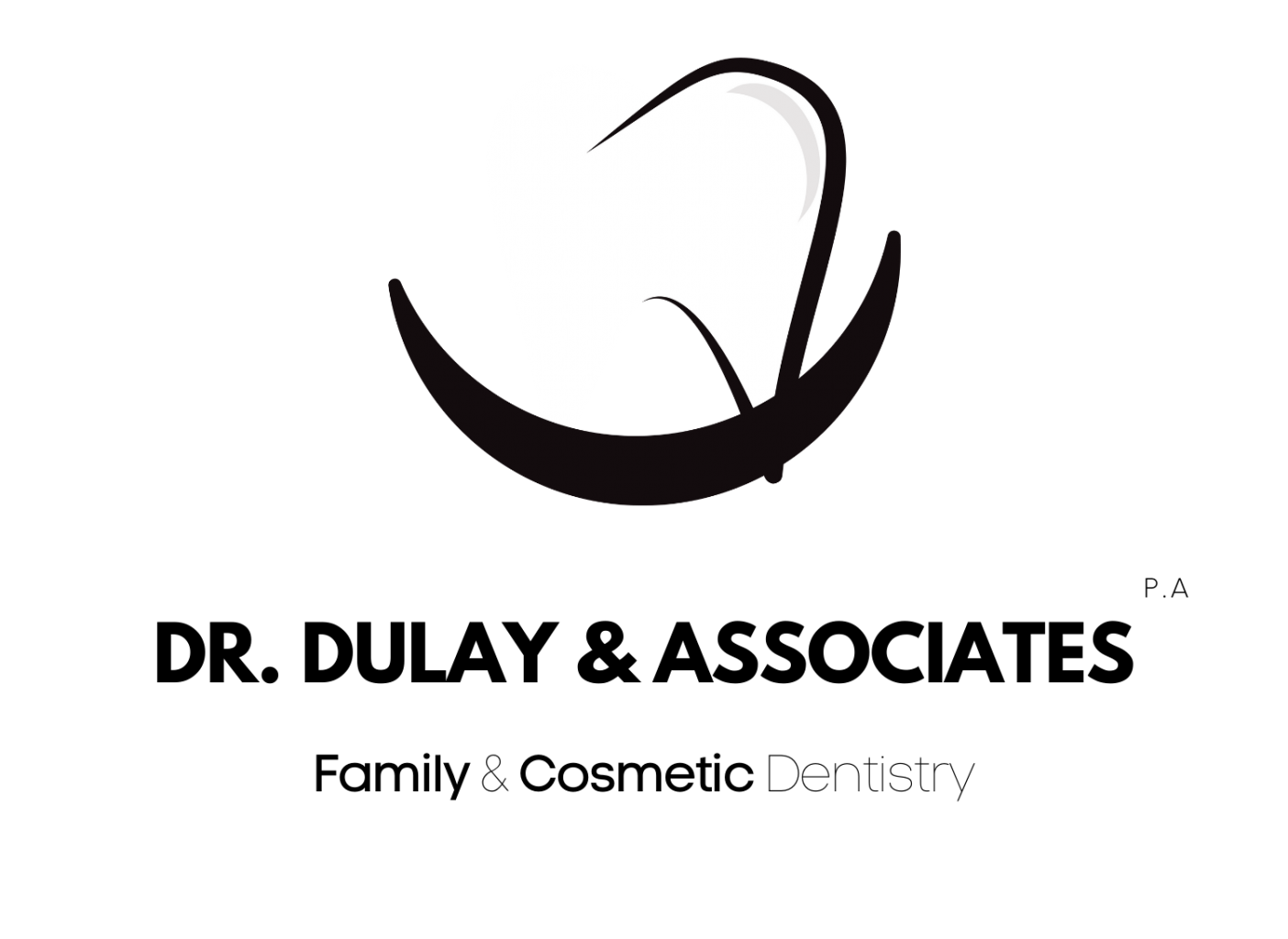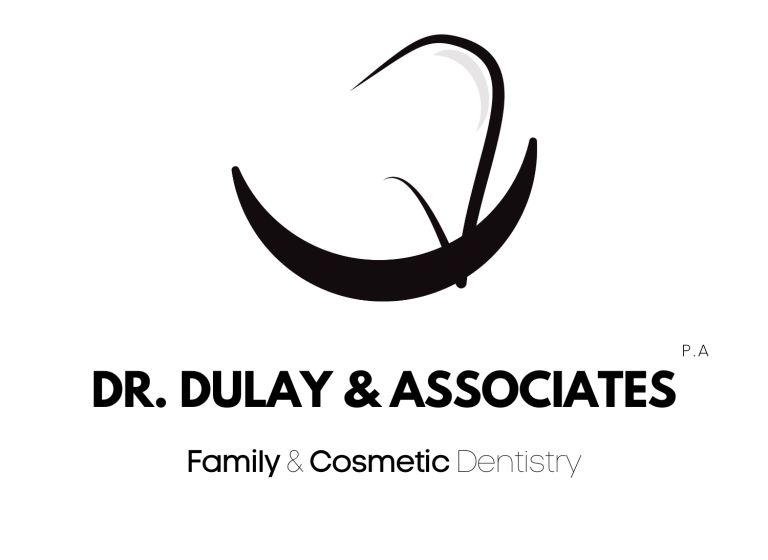PROFESSIONAL
TEETH CLEANINGS
Even if you follow the recommended dental hygiene regimen it is important to have regular dental and check-ups and have your teeth cleaned professionally. Even people who are very meticulous in their oral care should have a professional teeth cleaning as well. But why do your teeth need to be professionally cleaned if you are taking care of them at home?
Why Do You Need Professional Teeth Cleanings?
Over time, common bacteria creates a layer of thick, sticky plaque on your teeth. They also produce a hard, concrete-like material on your teeth called tartar. This layer can harden around the gum line, leaving you at risk for developing inflammation and infections that lead to gum disease. Professional teeth cleanings are essential to your overall dental health.
Normal Brushing Doesn't Remove All Deposits
Typical brushing does not relieve all plaque and tartar deposits from the teeth. The deposits that are left behind allow for additional bacteria growth, and bacteria contain acid that breaks down the enamel of teeth.
While brushing removes a large portion of the plaque and tartar that build on our teeth, it cannot remove all of it. Many times, it requires special tools in your dentist office to ensure that it is all removed.
How Professional Dental Cleanings are Done
Professional dental cleanings are typically handled by the dental hygienist in your dental office. They will use a specialized set of tools that have been designed to create optimal oral hygiene.
Your dental hygienist is a highly skilled, highly trained dental technician. They will carefully review your x-rays and develop a customized approach to your cleaning.
Are Professional Cleanings Uncomfortable?
Most people are afraid that professional teeth cleanings will be uncomfortable. However, most patients do not experience any discomfort during a cleaning. Those who are used to professional cleanings usually report that it is an enjoyable experience.
If deep cleaning is required to remove plaque and tartar from under the gum line, an oral anesthetic may be provided to relieve any potential discomfort the procedure may cause.

